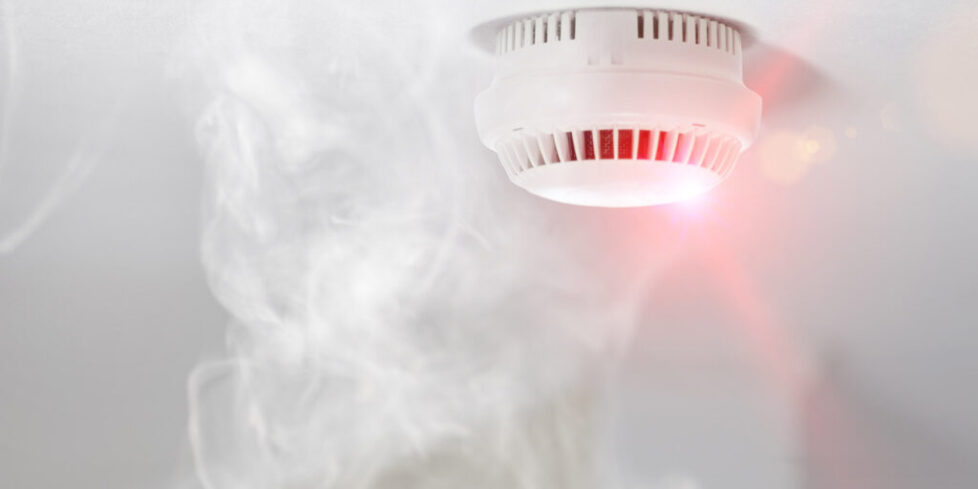We can help you achieve better protection for your family and your property against the risks of fire.
Fire safety for domestic and residential properties
We are all aware of the importance of having fire alarms in our homes. While some people are satisfied with simple smoke detectors, many are upgrading their systems to provide better protection against the risks of fire.
Home Fire Safety Package

Fire Detection Systems for homes
Our BAFE SP203 fire alarm system designers will design a system for the protection of life, property or both, and can be installed throughout the property or installed within defined areas of risk as determined from the findings of a fire risk assessment, local fire authority requirement or insurer’s stipulation.
CIA offer a full design, installation and commissioning service, backed up by a full service and maintenance contract to meet the requirements of BS 5839 Part 6:2019

